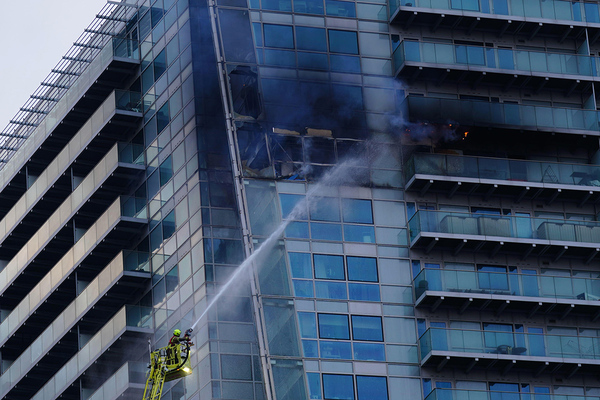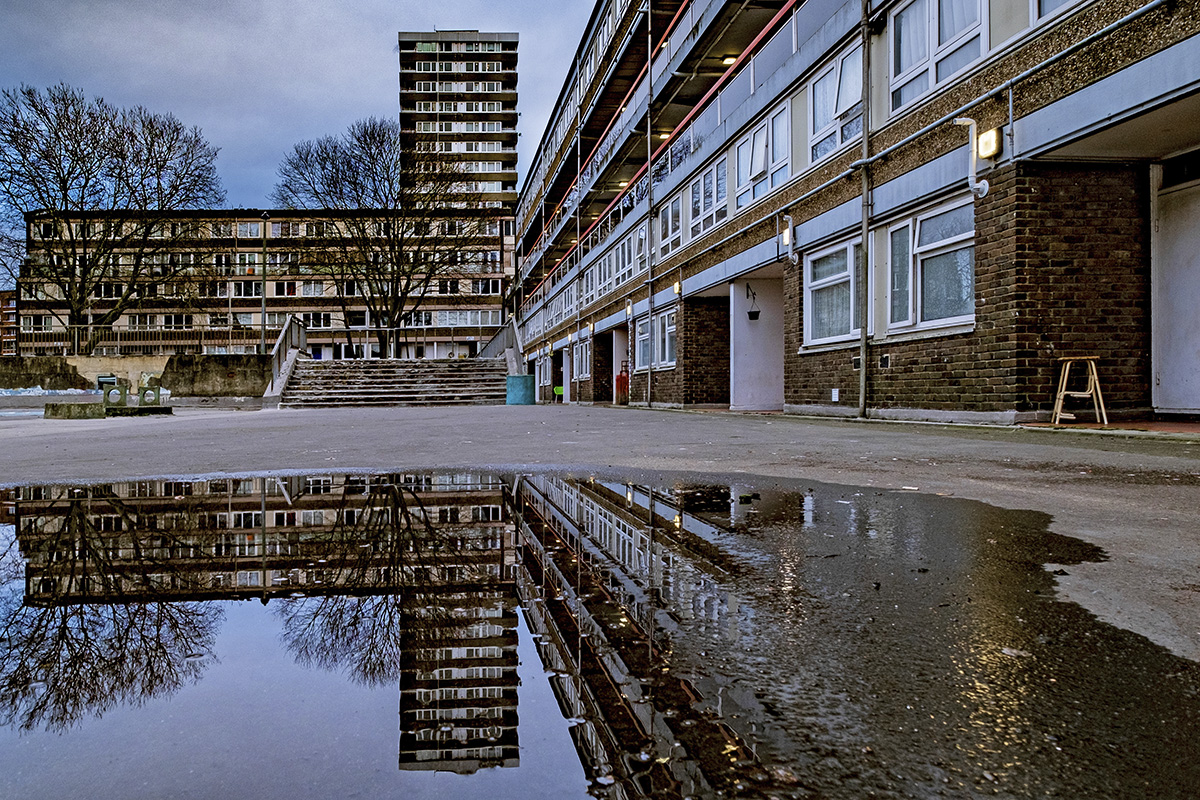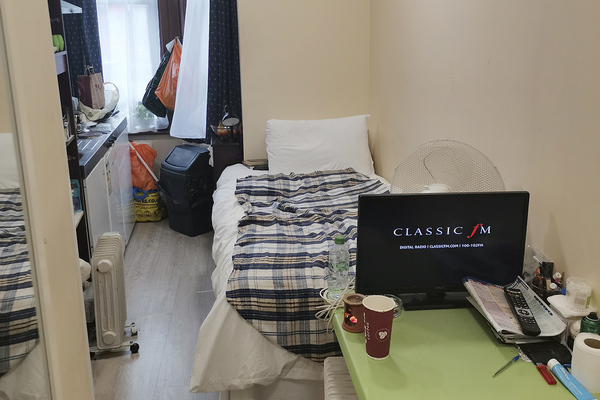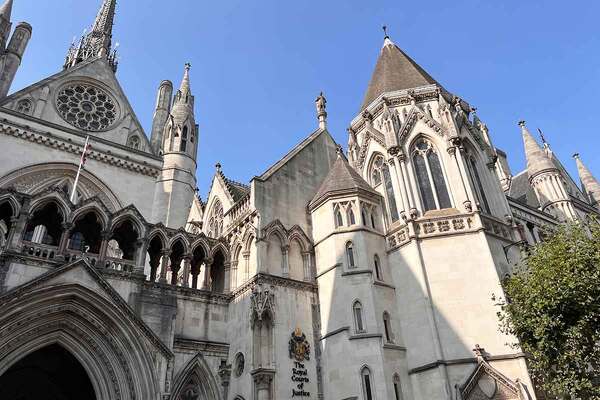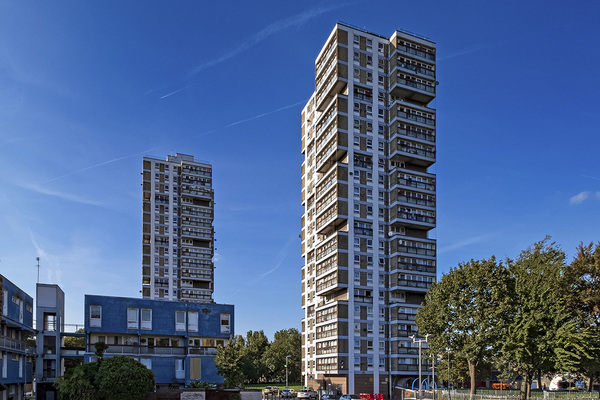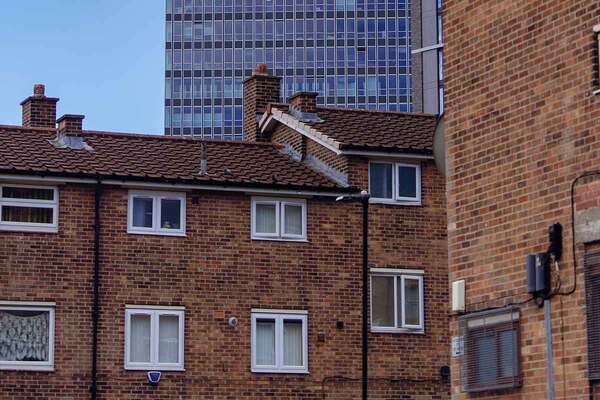The Week in Housing: sector takes stock after another high-rise fire
A weekly round-up of the most important headlines for housing professionals
Good afternoon.
When pictures emerged of a fire breaking out on one of the highest floors on Aldgate East’s Relay Building, you can’t help but expect the worst. Fortunately, despite more than 60 people being evacuated from the building and huge glass panels falling on to the street below, nobody was injured as a result.
However, it is a stark reminder of just how scary a high-rise fire can be and why it is so important to ensure that buildings are as safe as possible.
On Wednesday, Inside Housing was the first to break the news that a number of the building’s apartments were managed by Network Homes.
Network was the head leaseholder for the Houblon Apartments within the block, managing nearly 75 flats across five floors. As is reflected in its statement, Network is a leaseholder and “the overall responsibility for the building lies with the freeholder”.
It is a position that a number of housing associations find themselves in after picking up Section 106 homes, and it is a tricky one to manage.
While it appears to many residents that housing associations are responsible for a building’s safety, in reality these organisations – as leaseholders – can be in a similar position to residents and have reduced control over fire safety and a number of other areas of the housing management.
It is something the Housing Ombudsman will be looking at in one of its Spotlight reports later this year and is a key issue facing the sector.
Yesterday saw Inside Housing put its focus firmly on the issue of exempt accommodation. The sub-sector of supported housing has proliferated in areas such as Birmingham in recent years and as we revealed yesterday, has had a number of providers gaming the system.
In a leaked government report obtained by Inside Housing, it revealed that some ‘providers of concern’ are purposefully falsifying information or attempting to disguise profits in order to substantiate specified claims or charge extortionately high rents. Analysis of the full report can be found here.
Exempt accommodation is a huge blindspot in the government’s regulation of the housing sector and the lack of checks and balances mean that many providers can continue to operate and receive higher rates of housing benefit largely unchecked.
More importantly, though, it means that the most vulnerable are having to live in poor-quality accommodation with a sub-standard level of support, while these providers profit from them.
The building safety back-and-forth continues, with a number of stories this week covering the crisis.
On Monday, housing secretary Michael Gove set a new ultimatum deadline for house builders to agree to a fully funded plan to fix all of the country’s buildings with dangerous cladding. Builders will now need to submit their plans by the end of March or risk having legislation imposed on them, Mr Gove said.
This morning, the Levelling Up, Housing and Communities Committee of MPs released a report calling for, among other things, social renters to be protected from increased building safety costs, as well as social housing development plans.
And with the April rent rise just around the corner, Grainne Cuffe has looked into the rent rise plans of stock-owning Scottish councils, finding that the majority are steering clear of putting the maximum increase on tenants as the cost of living increase begins to bite.
Jack Simpson, news editor
@JSimpsonjourno
Quote of the week
“The historic unlawful HRA expenditure that came to light last December which resulted in the council issuing statutory notices highlights these difficulties. Whilst I note your assessment that the council are taking the necessary steps to rectify the situation, and that this issue relates to historic accounting practices, it is still of great concern.”
Equalities minister Kemi Badenoch’s assessment of Nottingham City Council’s progress after unlawful use of its Housing Revenue Account funds were discovered
Stat of the week
According to the Chartered Institute of Housing’s UK Housing Review, a “cautious estimate” would indicate that up to 40% (1.1 million) of homes sold through the Right to Buy are now rented out privately
Editor’s picks: five must-read stories
- Supported housing report leak: what it tells us about the exempt accommodation problem
- Council’s unlawful use of Housing Revenue Account ‘still of great concern’, says minister
- Councils have government backing to end contracts with Russian-owned company
- Government accused of allowing Russian oligarchs to offload UK properties in ‘fire sale’
- Revealed: Scottish councils set out rent-setting plans for year ahead
Sign up for our Week in Housing newsletter
Already have an account? Click here to manage your newsletters
